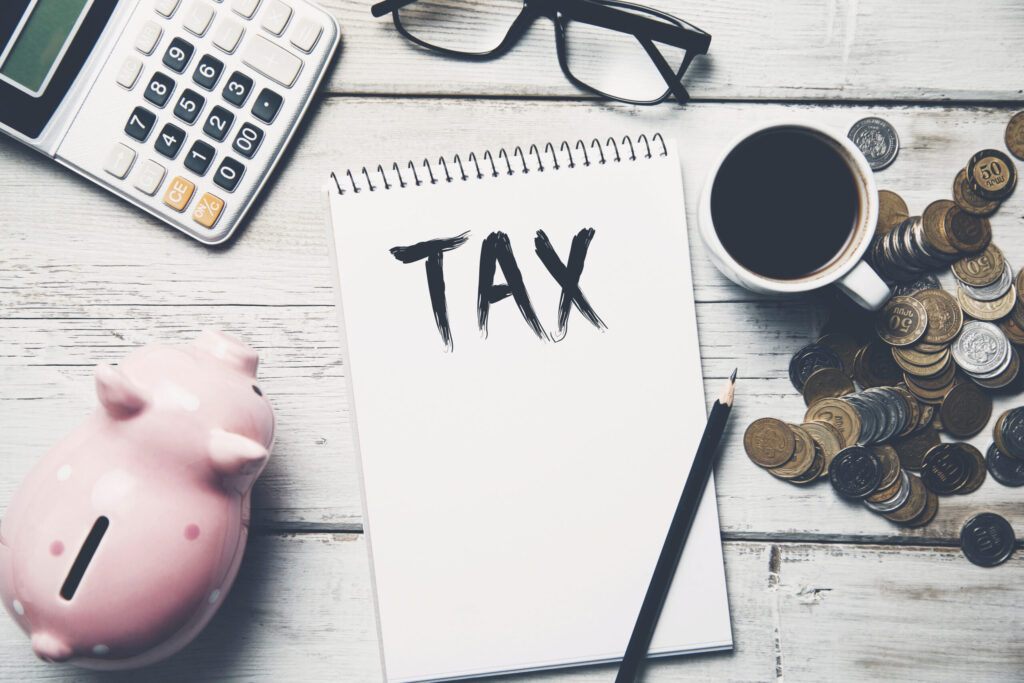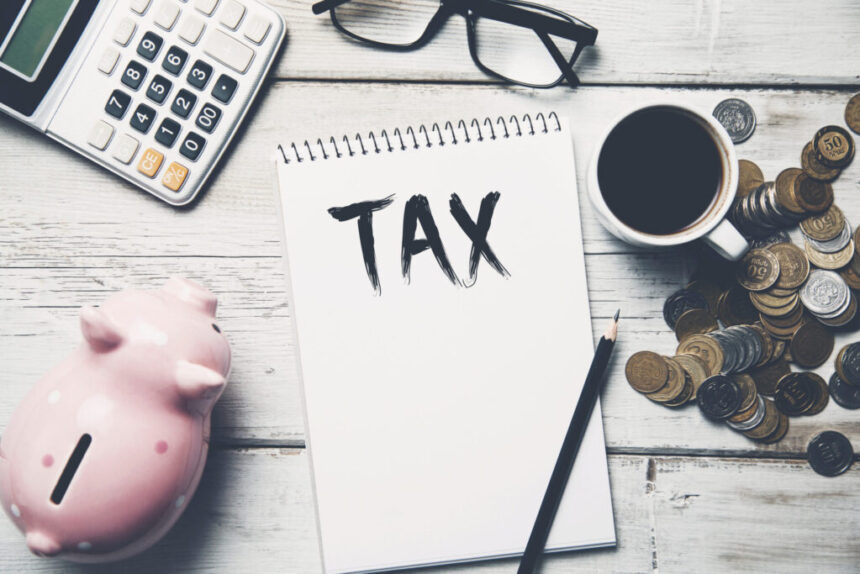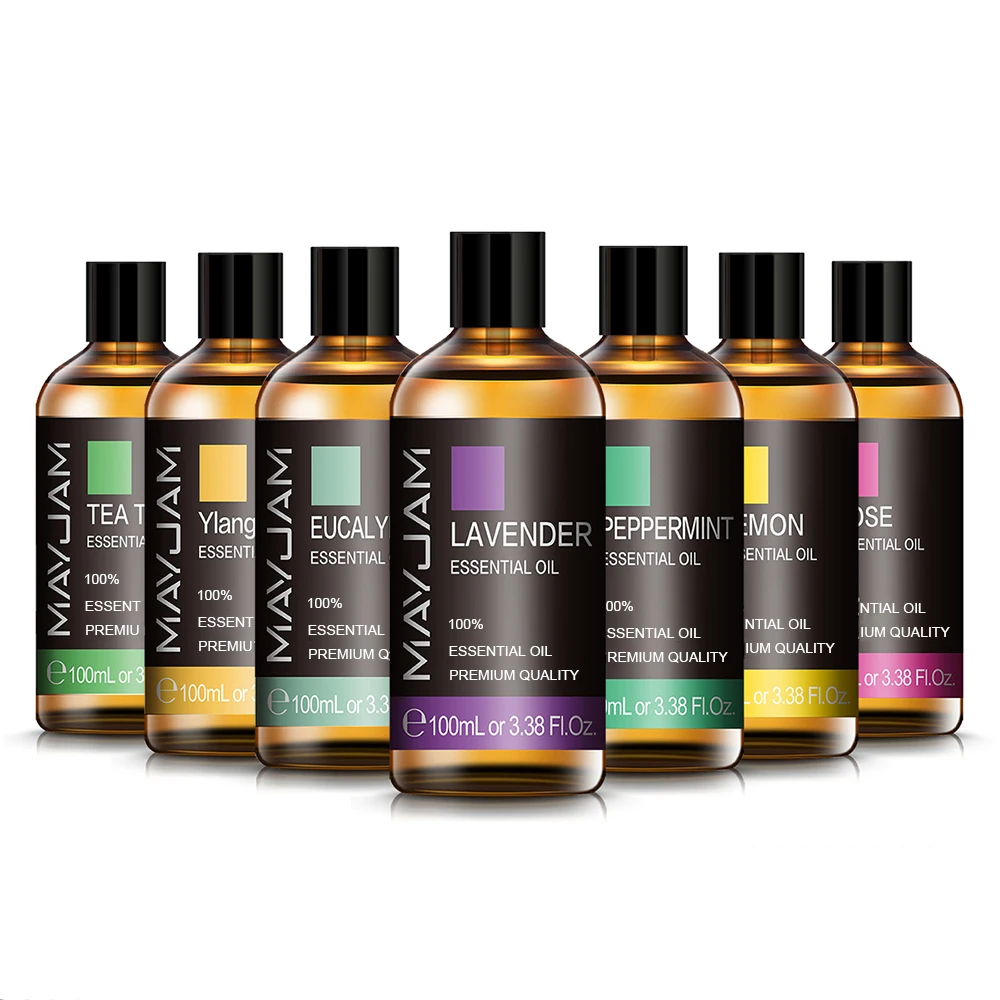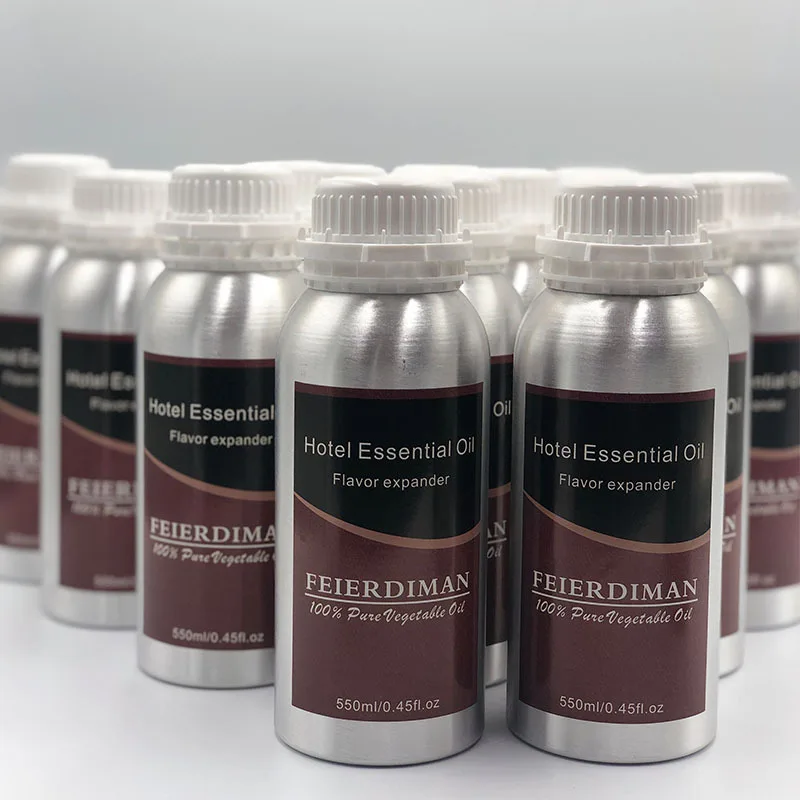
Cannabis businesses, while legal in many states, face numerous challenges because of federal law. One of the most significant is the high federal effective tax rate, which can easily exceed 50%. These high rates are caused by Section 280E of the Internal Revenue Code.
Background
Section 280E generally denies all tax deductions and credits for businesses engaged in trafficking Schedule I or II controlled substances, including cannabis. This means normal expenses such as rent, utilities and marketing may not provide any tax benefit. Instead, cannabis businesses typically pay tax on their gross profit — or gross receipts minus the cost of goods sold (COGS).
An employee stock ownership plan (ESOP) is a qualified retirement plan that allows employees to become indirect owners of their employer. ESOPs are tax-exempt entities and serve as a retirement benefit for employees.
Cannabis ESOPs
Read full article on Marijuana Business Daily




























